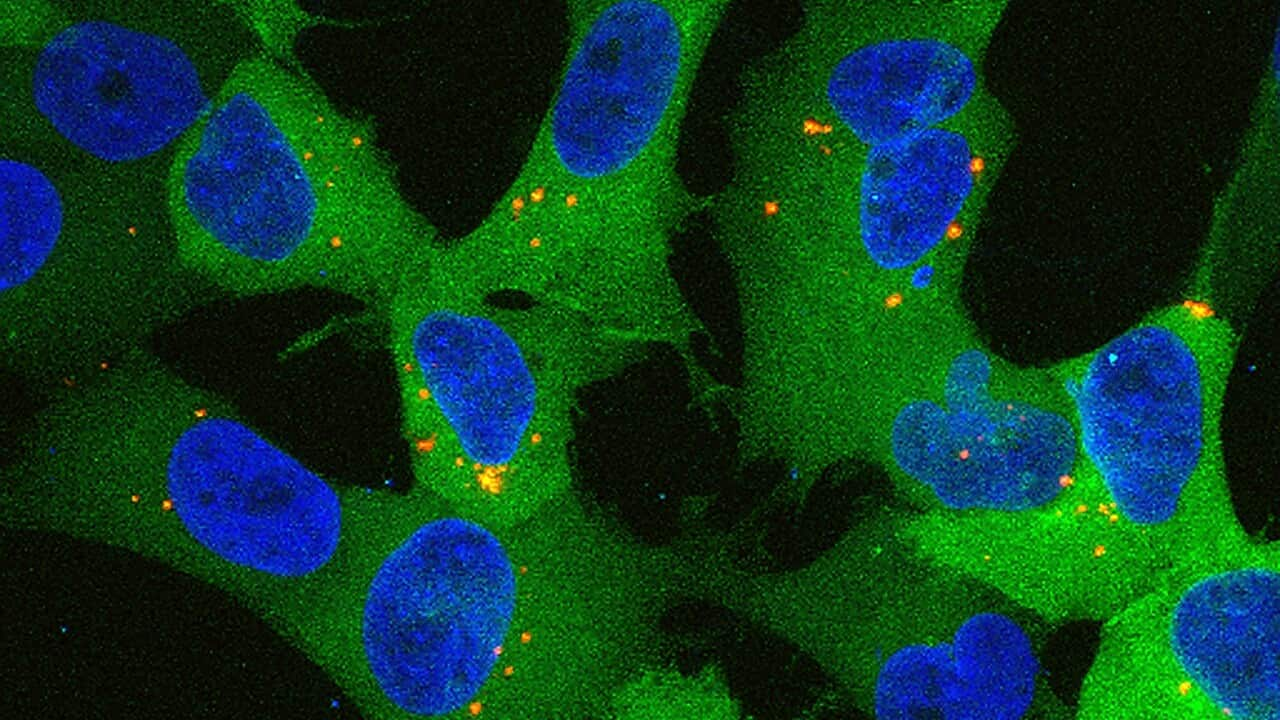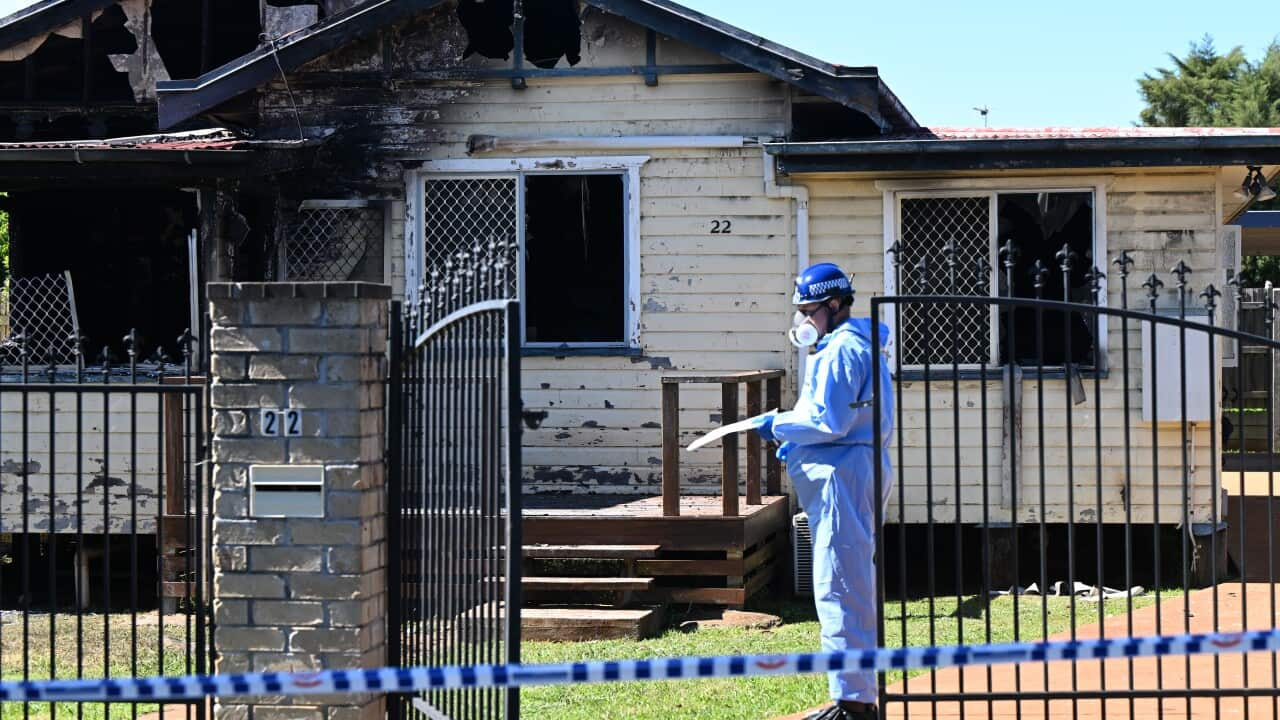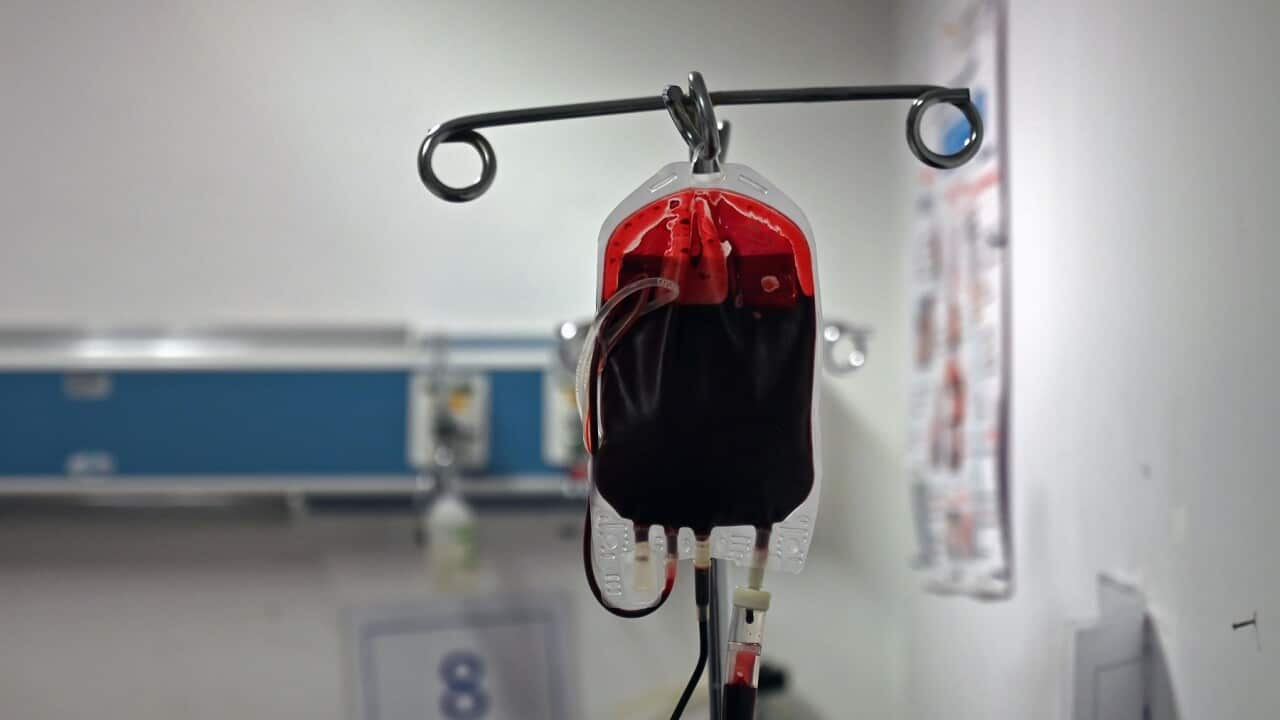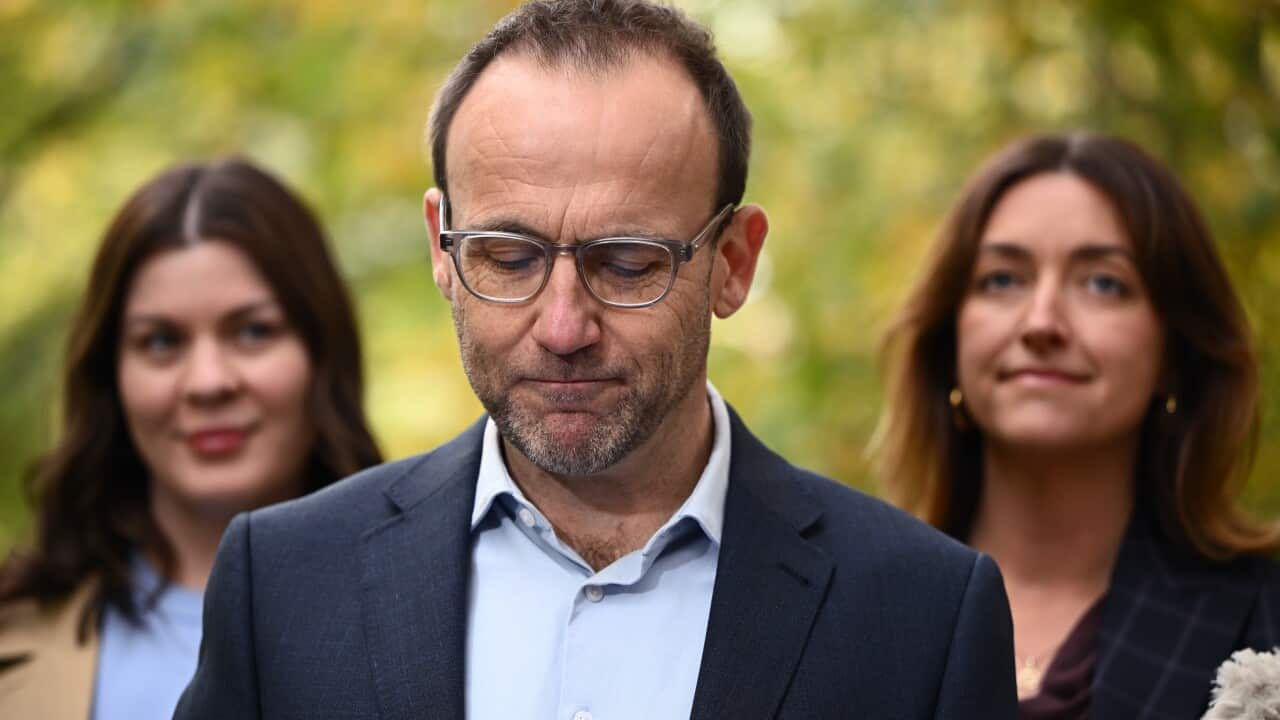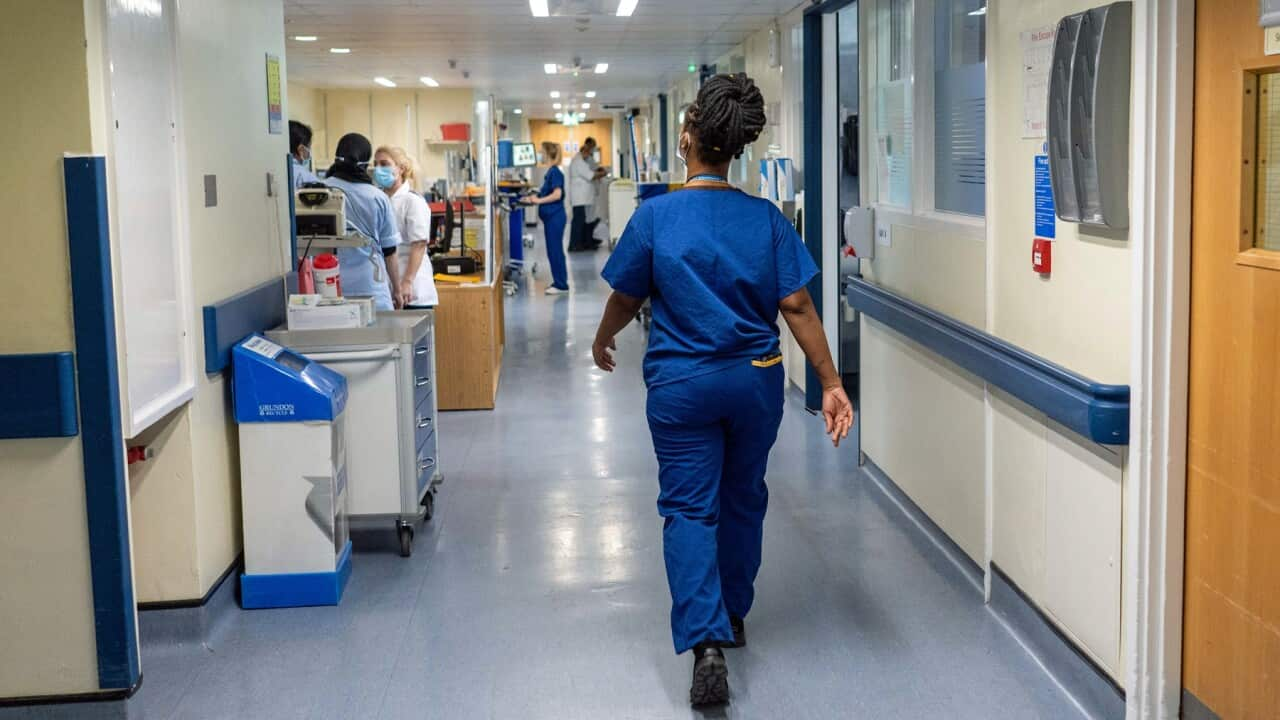Out of the total number of cancer cases every year, almost 1 per cent of patients are kids and youngsters between one and 18 years old.
Cancer and age
Cancer has no relation with age. It can strike newborn babies as well. The most common type of cancer for young people is Retinoblastoma (cancer of the retina).
Causes of Childhood cancer
- Some kids inherit DNA changes from a parent which increases their risk of a certain type of cancer.
- Environmental factors such as radiation exposure and living near a nuclear reactor are also risk factors.
- Consumption of some medication during pregnancy could enhance the chance of contracting cancer.
- Lifestyle factors increase the chances of contracting cancer such as Melanoma in young adults.
Types of cancer in childhood
There is a vast difference between cancer diagnosed in adults and that in children. Some common types of cancer found in children are...
- Kidney or Neuroblastoma cancer
- Brain tumour
- Myeloid leukaemia that occurs in infants and in children under 5 years
- Bone cancer is the most common type of cancer in young adults
Care and treatment after cancer diagnosis in children
Any cancer patient who is a child is treated the same way as any adult patient with the same diagnosis. It involves surgery, radiation and medicine in the same way adults are treated. As their age plays a crucial factor, there are a range of other issues that need to be kept in mind while operating on them.
- Child cancer patient should be treated in designated cancer centres where experts are available to support them.
- Consent from parents.
- Operate carefully as they are in a growth and development phase.
- Think about the side effects of the treatment such as infertility.
 Source: (AAP Image/David Crosling)
Source: (AAP Image/David Crosling)
Life after cancer
Though it is a devastating time for any child, most of the cancers are now curable, Dr Bhaumik says, "Retinoblastoma and Lymphoma are some types of cancer which have almost 100 per cent cure rate."
"But, long term follow-up is very important for a child patient as there are chances of side effects in future.
"As children with cancer develop both physically and psychologically, their well being and appearance should be cared for and if required, parents should think about hormone supplements also."
Apart from that, they could face some psychological problems like depression, anxiety and eating disorders.
There is a higher chance of secondary cancer. The treatment for cancer in childhood could lead to other types of cancer when the child grows up. Therefore, regular assessment and management can give them the best outcome and a happy life in the future," said Dr Bhaumik.
